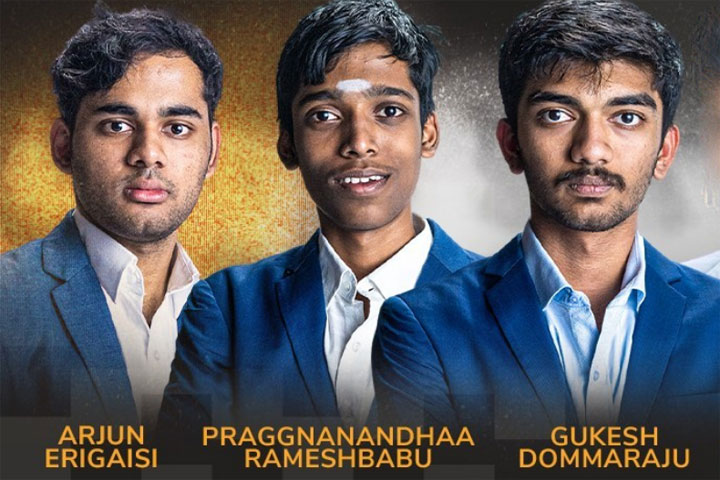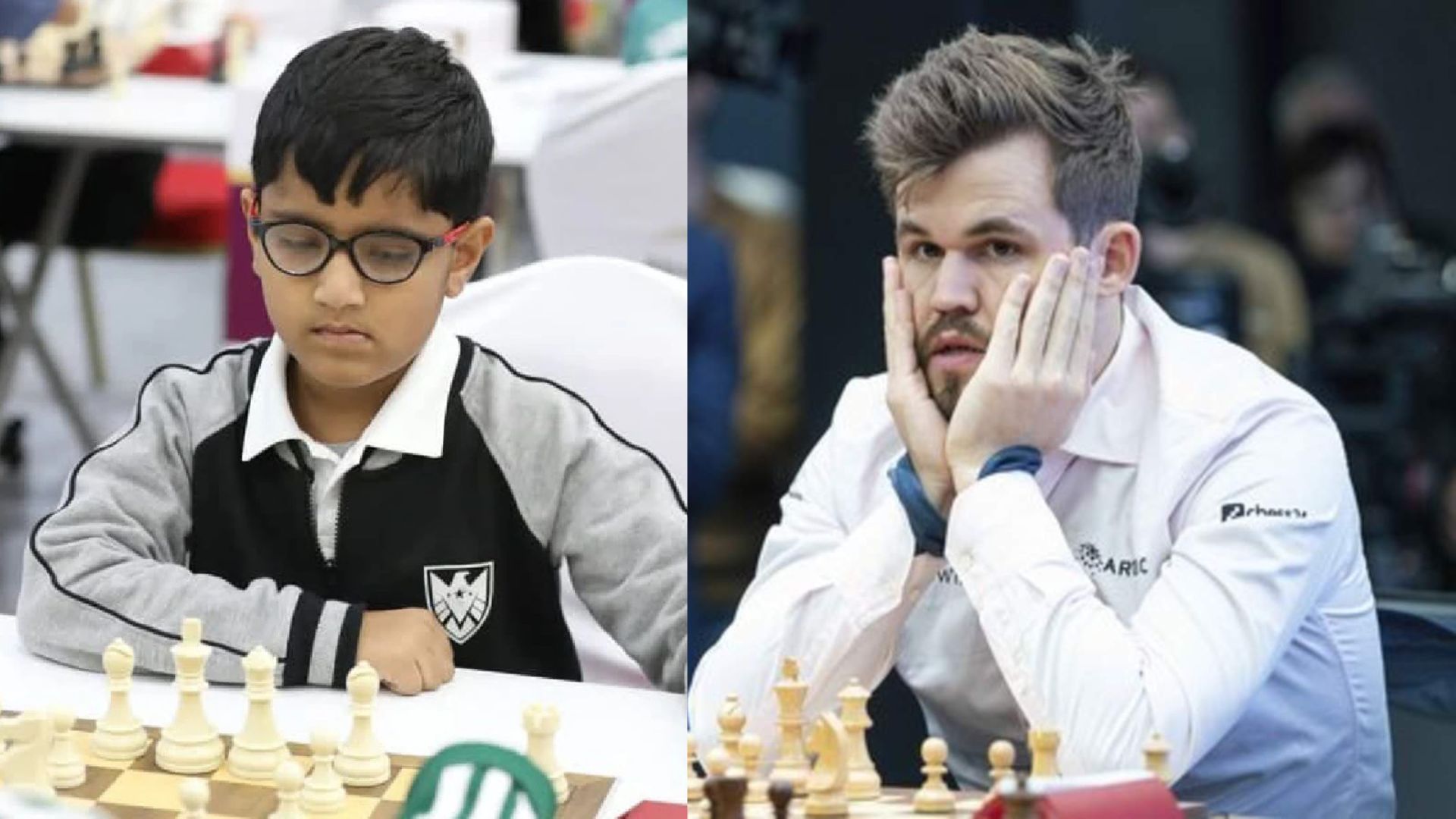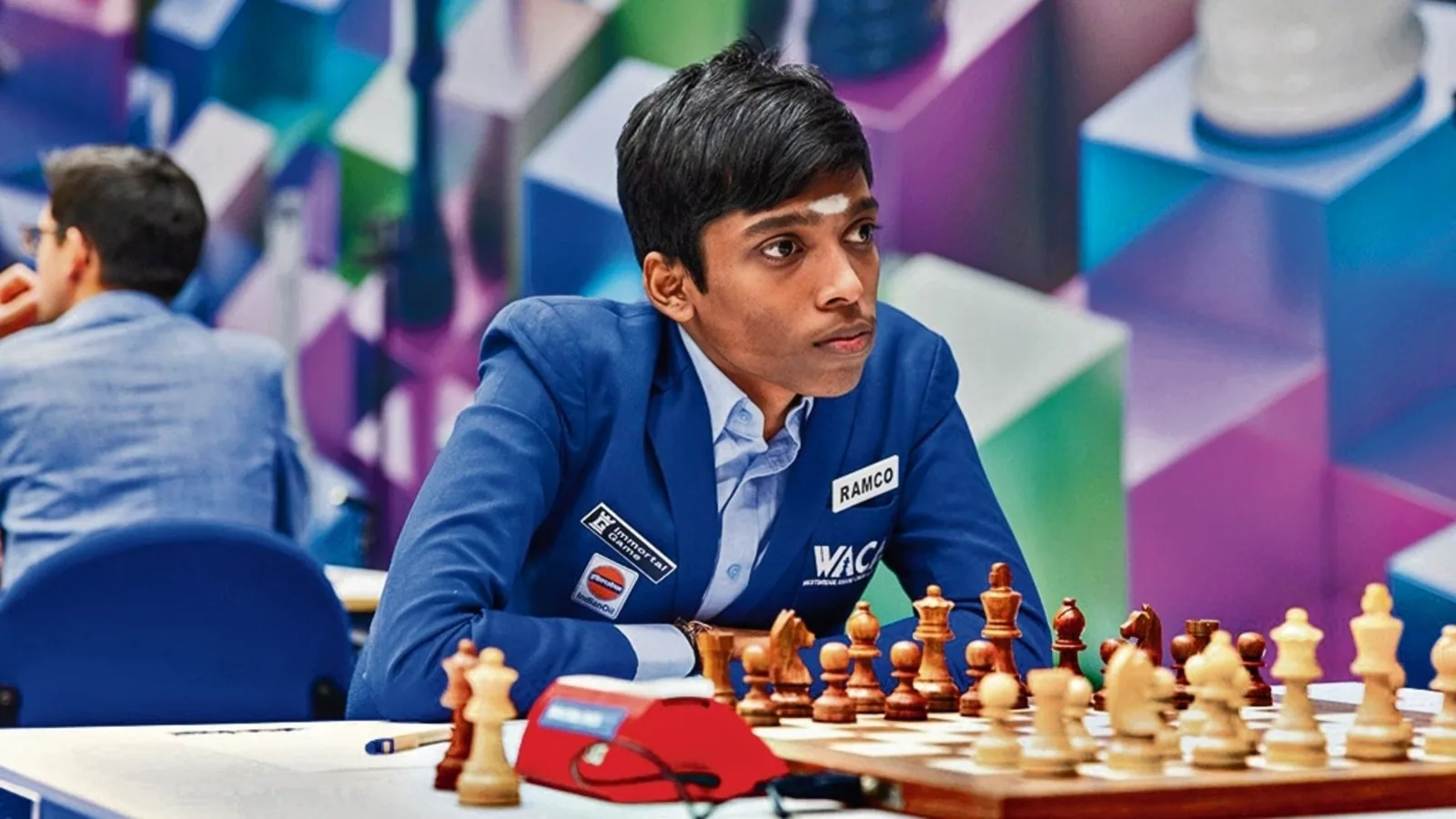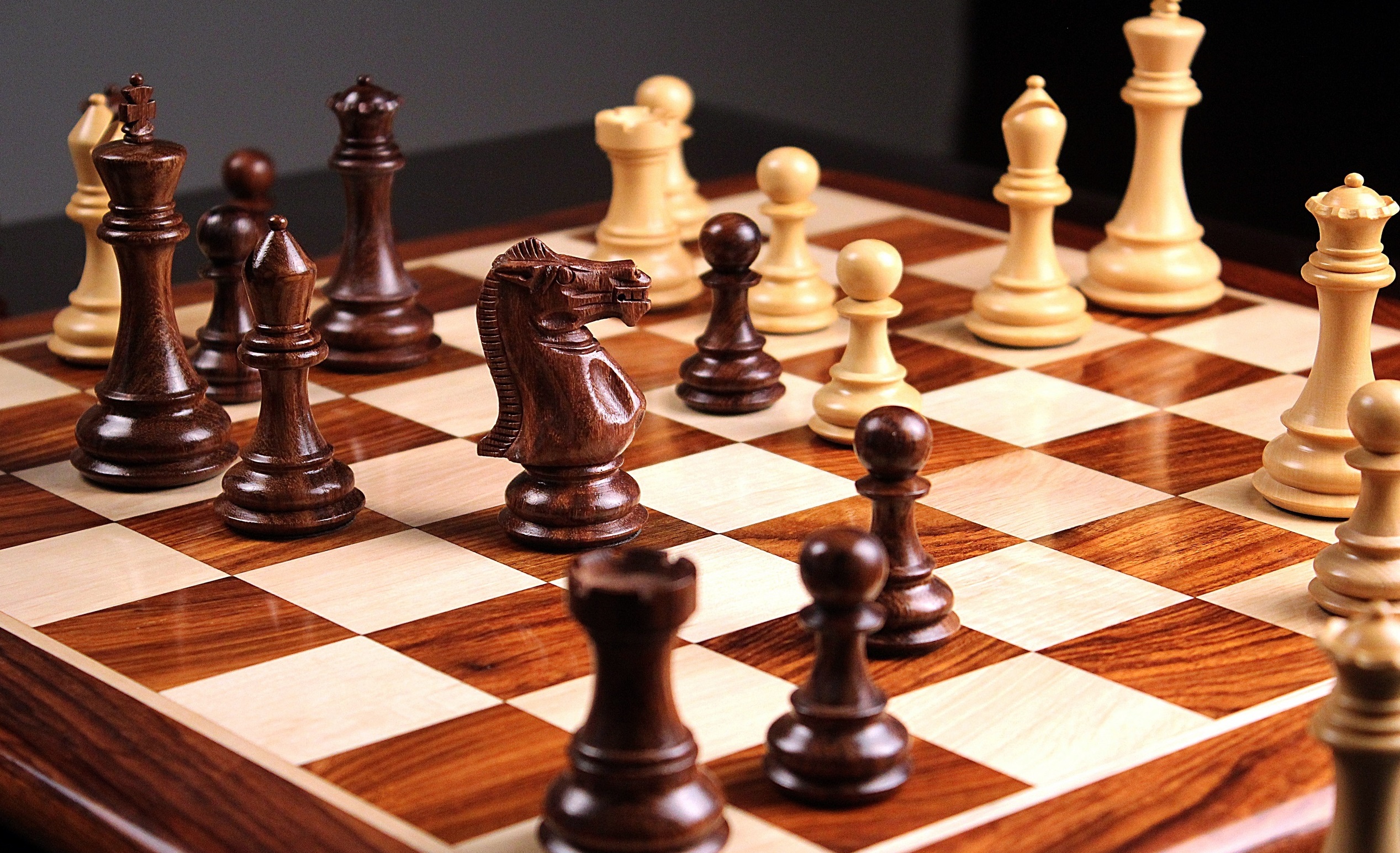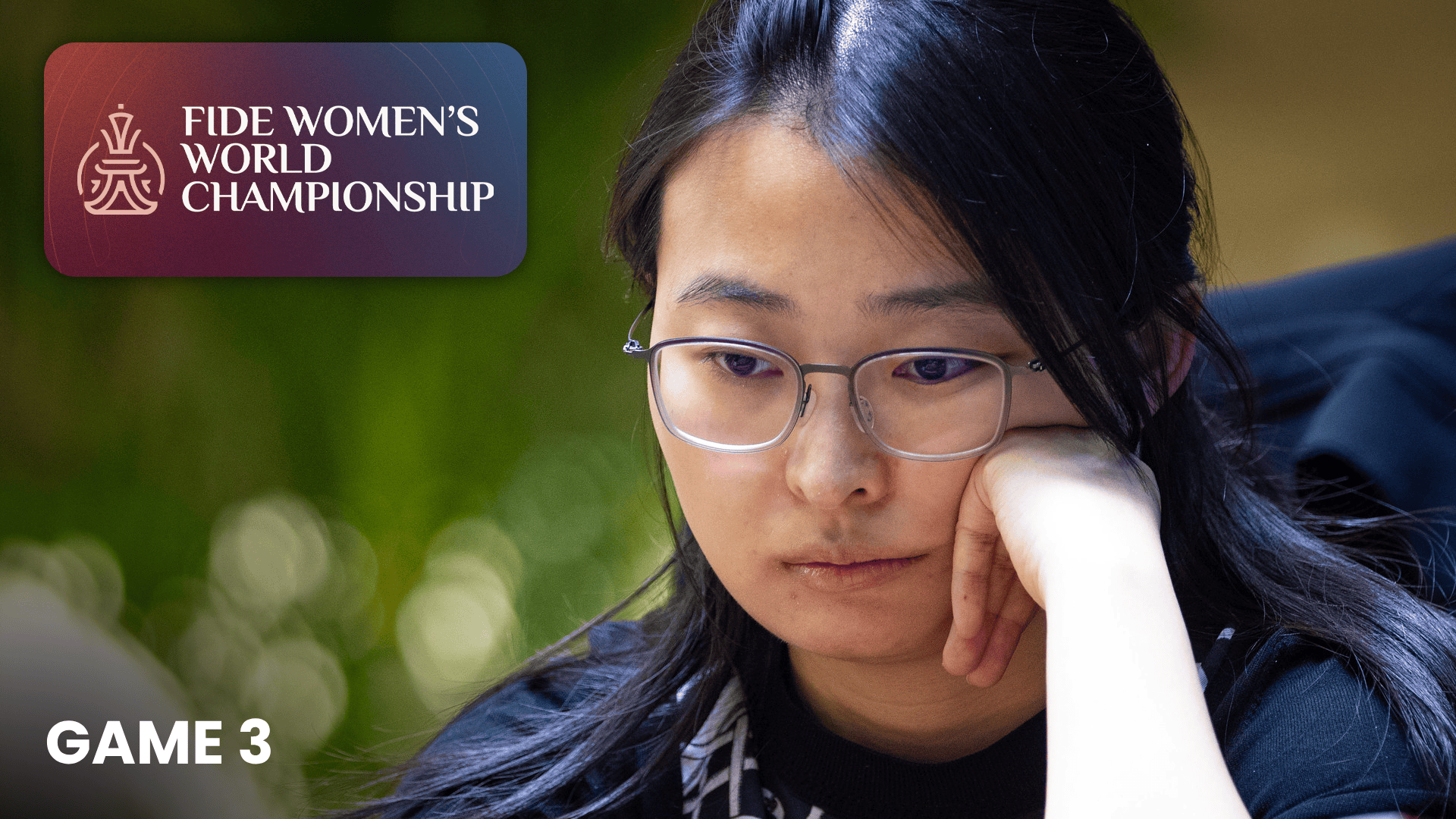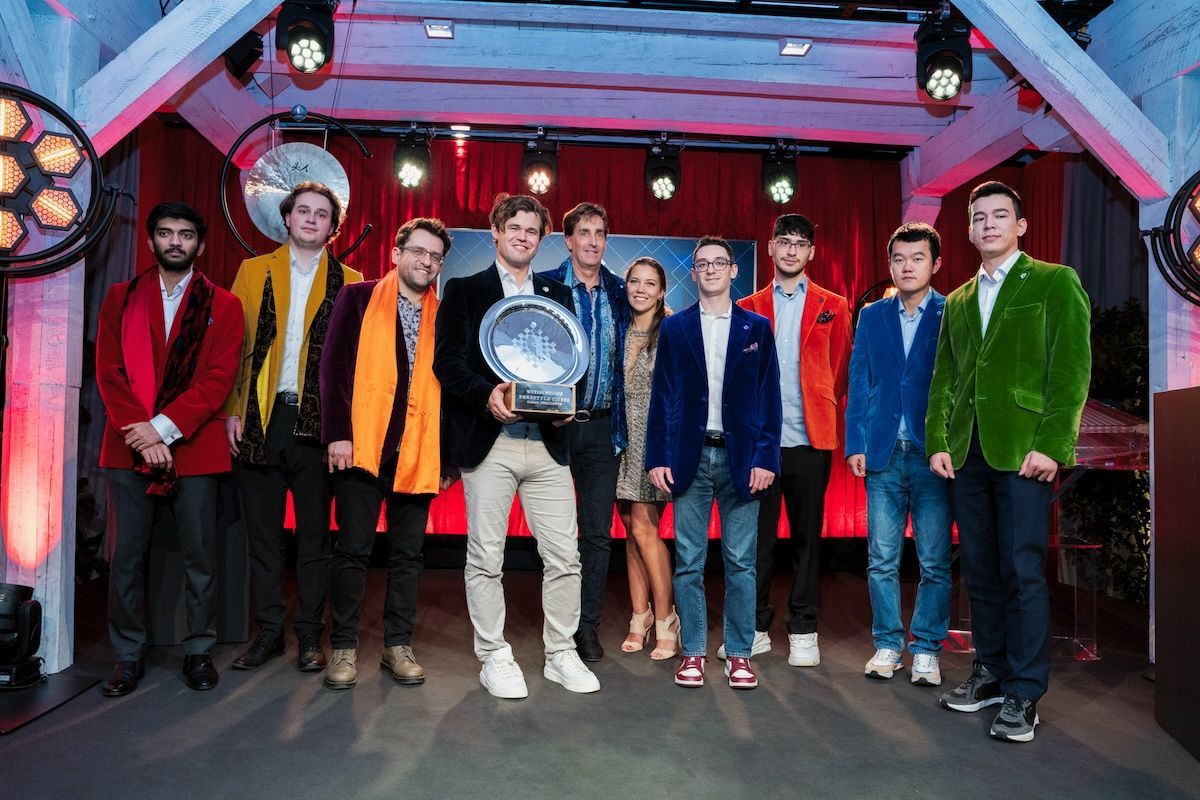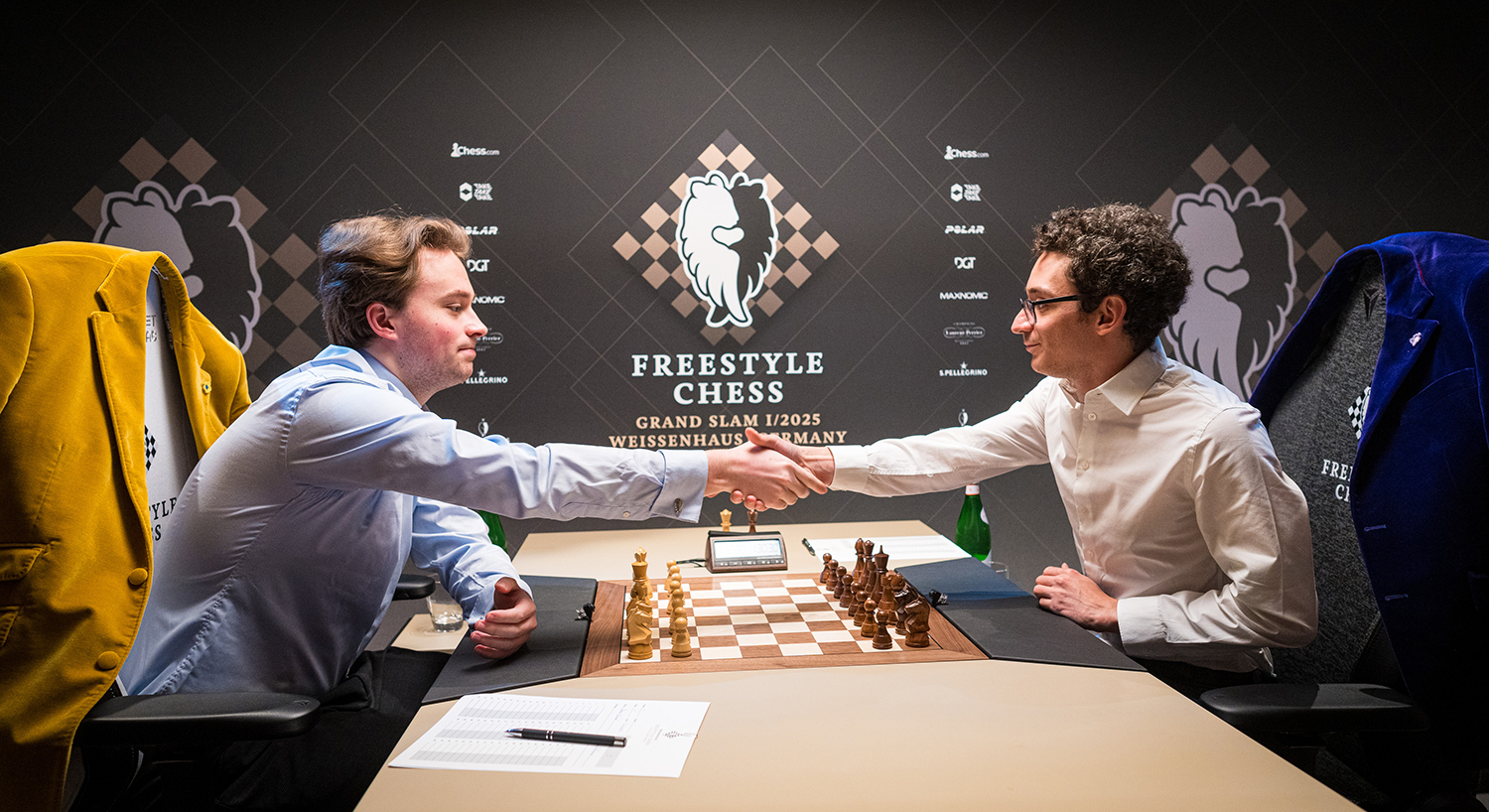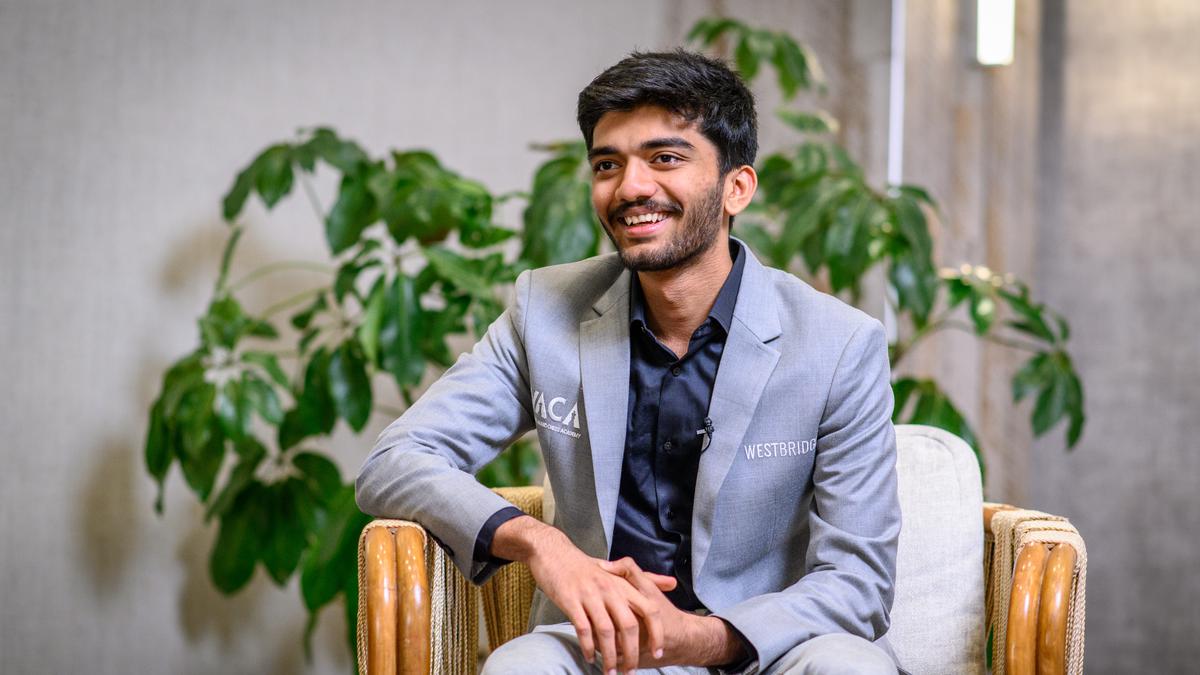India’s chess culture divide shapes its dominance on the global stage. The South, led by Tamil Nadu, produces chess prodigies like Viswanathan Anand and D Gukesh. Meanwhile, the North struggles to foster a similar passion. Discover why South India thrives in chess while the North lags, highlighting cultural differences, institutional support, and evolving trends.
South India’s Chess Dominance
South India, particularly Tamil Nadu, fuels India’s chess success. Grandmaster Viswanathan Anand inspired a generation, while D Gukesh’s 2024 World Championship win solidified the region’s legacy. Tamil Nadu’s chess culture thrives on community support and government incentives. “In Tamil Nadu, chess is part of household culture,” says Gopakumar Sudhakaran, an International Arbiter from Kerala. Schools like Velammal offer flexible attendance and financial aid, enabling players to prioritize chess. For instance, Gukesh received a car worth nearly Rs 1 crore after his world title victory. Tamil Nadu’s government also awards cash prizes to Grandmasters, motivating young players. This ecosystem fosters loyalty, with coaches like Vishnu Prasanna guiding Gukesh for years. Such dedication drives competitive fairness and inspires parents to support their children’s chess ambitions.
North India’s Cultural Challenges

North India’s chess culture divide hinders its progress. In states like Delhi and Uttar Pradesh, chess often remains a hobby, not a career. Vantika Agrawal, a 2024 Chess Olympiad double gold medallist, highlights the North’s dismissive attitude. “If you say, ‘I’m a chess player,’ they ask, ‘But what do you actually do?’” she told TimesofIndia.com. Delhi Chess Association president Bharat Singh Chauhan points to a cultural mindset. “In the North, even someone with Rs 5 crore gets treated like royalty,” he says, contrasting this with the South’s humility. Northern players like Parimarjan Negi and Sahaj Grover, both Grandmasters, have largely quit chess, feeling they achieved their goals. The North also lacks consistent coaching. Families switch trainers for small cost differences, disrupting progress. Despite Rs 5 crore in monthly earnings across Delhi NCR’s 200+ coaches, quality remains inconsistent.
Also Read: Carlsen’s Nightmare Continues: Gukesh Claims Another Victory
Bridging the Chess Culture Divide
Online platforms are narrowing India’s chess culture divide. Post-COVID, accessible coaching has produced International Masters from regions like Jammu & Kashmir. “Online platforms have helped bridge the gap,” Sudhakaran notes. However, the North needs sacred institutions like Tamil Nadu’s Chess Thulir academy, where Grandmaster Shyam Sundar coaches talents like Pranav V. Strengthening northern chess requires cultural shifts, stable coaching, and government support. Only then can talents like Vantika Agrawal inspire without justifying their profession.
Also Read: Why Chess Titans Ditch Classical Chess: Praggnanandhaa Spills the Tea
